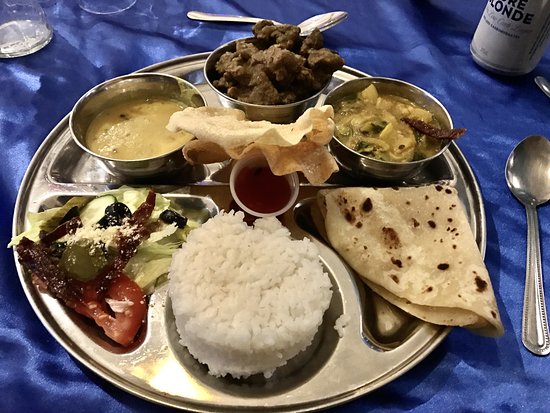Introduction: Nauru’s Food Culture
Nauru, an island nation in the Pacific Ocean, has a unique food culture that reflects its history and environment. Due to its location, Nauruan cuisine is heavily influenced by Asian and Polynesian flavors, as well as Western food items brought during colonial times. The traditional diet is based on seafood, coconuts, pandanus, breadfruit, taro, and sweet potatoes, which are grown on the island. Despite the evolution of Nauruan cuisine over the years, the traditional ways of cooking and eating have remained an essential part of the island’s culture.
Staple Foods: What do Nauruans Eat?
Staple foods in Nauru include fish, crabs, lobsters, and other seafood, which is usually cooked in coconut milk with spices. The island also produces taro, sweet potato, and breadfruit, which are generally boiled or roasted and served with fish or meat. Pandanus fruit is commonly used for making desserts, including cakes and puddings. Another popular dish is the “palu sami,” which is made from taro leaves and smoked fish, cooked in coconut milk.
Traditional Cooking Techniques in Nauru
The traditional way of cooking in Nauru is to use an underground oven called “umukai.” The umukai is a pit dug in the ground and lined with banana leaves. The food is placed on the leaves, covered with more leaves, and then covered with soil. The food is cooked in its juices and steam, creating tender and flavorsome dishes. Another traditional cooking method is grilling or smoking fish and meat over an open fire.
Special Occasions: Festive Foods in Nauru
Special occasions in Nauru, such as weddings and festivals, are marked by the preparation of festive foods. One such dish is “rakau,” a sweet pudding made from grated coconut, sugar, and taro. Another popular dish is “lukluk,” made from grated taro leaves, coconut milk, and spices, which is served with fish or meat. During Christmas, “kaikai” (feasting) is common, and traditional dishes like “palu sami” and roasted pork are served.
Influences on Nauruan Food Culture
Nauruan food culture has been influenced by various factors, including colonization, migration, and globalization. The introduction of Western foods like rice, bread, and canned goods has led to a change in the traditional diet. However, the island’s isolation and limited resources have also contributed to the preservation of traditional cooking methods and ingredients.
Sustainability: Future of Nauru’s Food Culture
As the world becomes more aware of the importance of sustainability, Nauru’s food culture is also adapting to the changing times. The island is promoting traditional farming practices, such as crop rotation and organic fertilizers, to preserve its food sources. Additionally, there is a growing interest in traditional cooking methods, which are energy-efficient and minimize waste. By embracing sustainable practices, Nauru’s food culture can maintain its unique identity while ensuring a healthier future for the island and its people.

